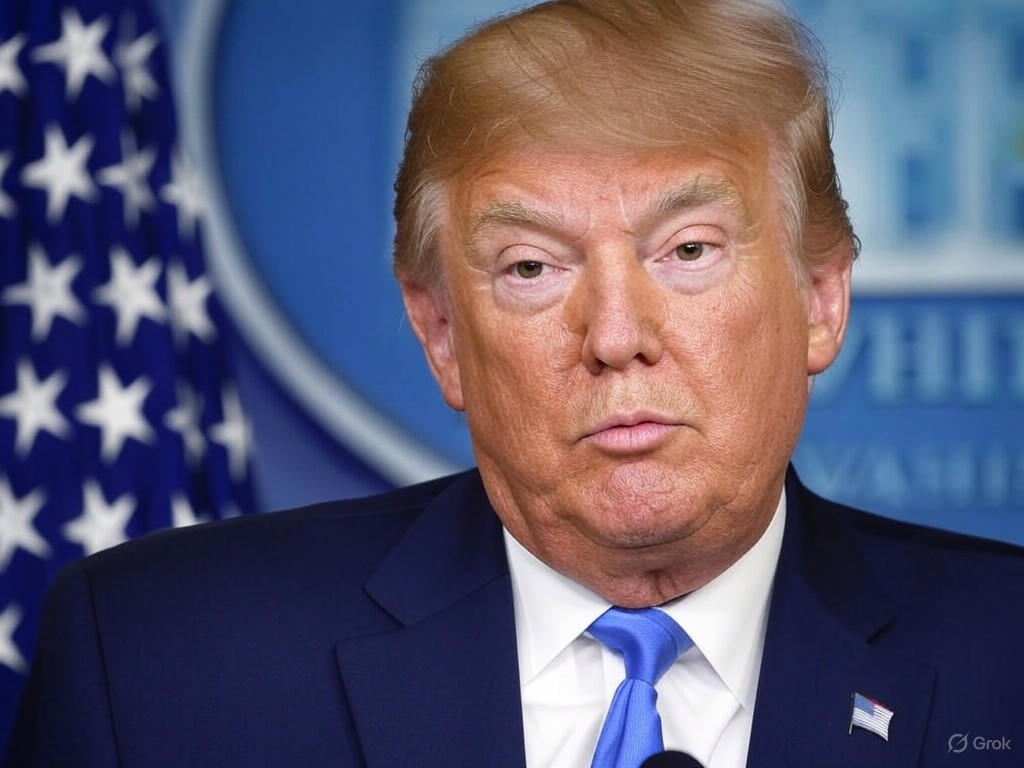In a bold move that has sent ripples through the academic world, President Donald J. Trump recently announced a proclamation limiting foreign student visas specifically targeting Harvard University. Unveiled in early June 2025, this policy aims to bolster national security by imposing stringent restrictions on international students seeking to study at one of America’s most prestigious institutions. The White House argues that such measures are necessary to protect sensitive research and intellectual property from potential foreign threats, but the decision has ignited a firestorm of controversy across educational and political spheres.
The proclamation, signed with the intent of safeguarding American interests, zeros in on Harvard due to its significant enrollment of international students and its involvement in cutting-edge research across various fields. Critics of the policy argue that this targeted approach unfairly singles out a single university and risks undermining the United States’ reputation as a global leader in higher education. Harvard, which hosts thousands of students from around the world each year, contributes immensely to cultural exchange and innovation. Many fear that limiting access for these bright minds could stifle academic progress and harm the nation’s long-term competitiveness on the global stage. Supporters of the policy, however, maintain that the administration is taking a proactive stance in an era where data breaches and espionage concerns are at an all-time high. They point to instances of intellectual property theft and argue that such restrictions are a necessary evil to protect national interests.
The implications of this policy extend far beyond the ivy-covered walls of Harvard. Universities across the country are watching closely, worried that similar restrictions could soon apply to them. International students, who often pay full tuition and contribute significantly to local economies, are now caught in a web of uncertainty. Many prospective students may reconsider their plans to study in the U.S., potentially opting for countries with more welcoming policies, such as Canada or the United Kingdom. Meanwhile, Harvard itself has issued statements expressing concern over the proclamation, emphasizing its commitment to fostering a diverse and inclusive academic environment. The university is reportedly exploring legal avenues to challenge the restrictions, setting the stage for a potential showdown between academia and the federal government.
As this policy unfolds, the debate over balancing national security with the benefits of global education will likely intensify. For now, the proclamation stands as a stark reminder of the complex challenges facing higher education in an increasingly interconnected yet cautious world. Whether this move will achieve its intended goals or inadvertently harm America’s academic standing remains to be seen, but one thing is clear: the conversation around foreign student visas is far from over. The coming months will reveal the true impact of this decision on Harvard, its students, and the broader landscape of international education in the United States.
